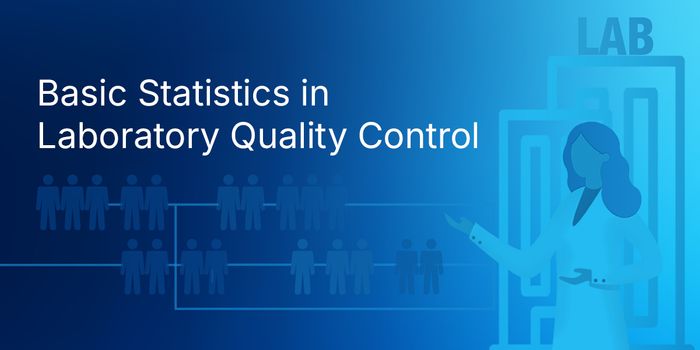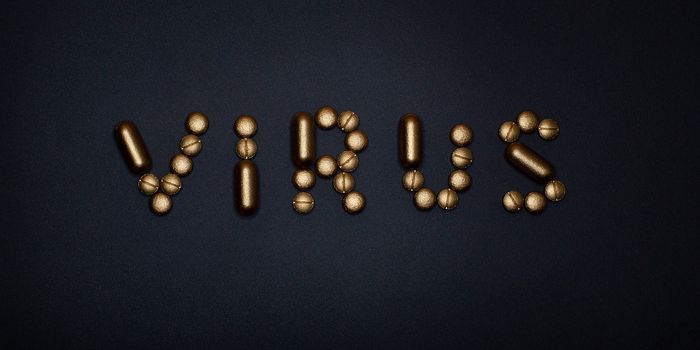Immune Cells Responsible for Chemo-induced Diarrhea
While studying specific immune cells in the context of chronic itching in the skin, two Washington University School of Medicine scientists discovered that the immune system, rather than the nervous system, is responsible for the uncomfortable and sometimes severe diarrhea that accompanies chemotherapy.
With the results from their new study, these scientists hope that they can develop new ways to treat diarrhea, both in chemotherapy patients and people with diarrhea as a result of gastrointestinal (GI) tract disease.
Diarrhea as a result of chemotherapy is extremely common, afflicting up to 80 percent of chemo patients. In general, diarrhea is a results of abnormal contractions during food digestion in the smooth muscle tissue lining the GI tract. At its worst, diarrhea can be life-threatening or cause cancer patients to quit receiving chemo treatments. People with irritable bowel syndrome (IBS) and inflammatory bowel disease (IBD) experience similar diarrhea.
"Diarrhea is a common side effect of chemotherapy that, in severe cases, can lead to death or to patients having to stop lifesaving treatment because often there are no effective therapies to control the diarrhea," explained co-senior investigator Hongzhen Hu, PhD. "This research provides a new avenue to explore in developing drugs to stop such diarrhea."
For a while, scientists thought that nerve cells in the intestines were responsible for chemo-induced diarrhea. But it might actually instead be immune cells called macrophages that are triggering intestinal contractions - the nervous system doesn’t seem to be involved at all.
There are more macrophages in the GI tract than anywhere else in the body. Macrophages are phagocytic cells, which means they engulf dead and dying cells and pathogens and digest them. This process of phagocytosis is an important part of the immune response to infection, cancer, and inflammation.
Researchers discovered that surface receptor TRPV4 on macrophages. The receptor was previously thought to be associated with nerve cells. With TRPV4’s association with GI contractions, the nervous system had been implicated in causing diarrhea.
"We found that the macrophages themselves trigger muscle contractions in the gut without any involvement from neurons," Hu said. "The pathway works in an entirely different way from what we had expected."
The present study was published in the journal Immunity.
Sources: Chemocare, Washington University School of Medicine









